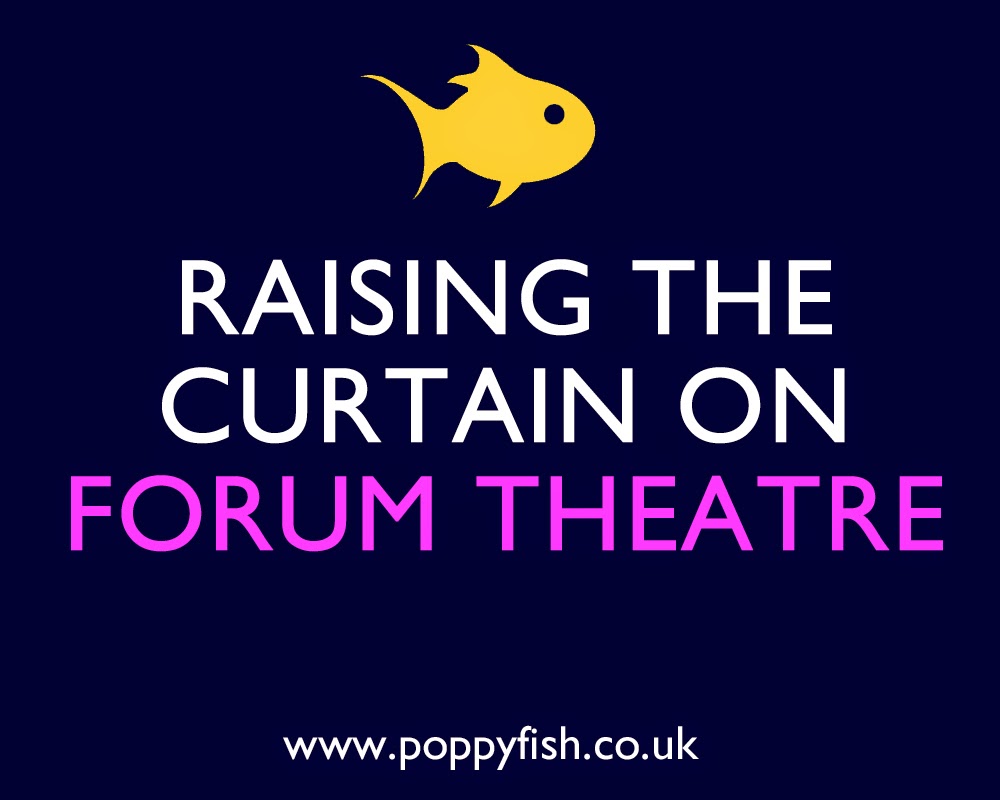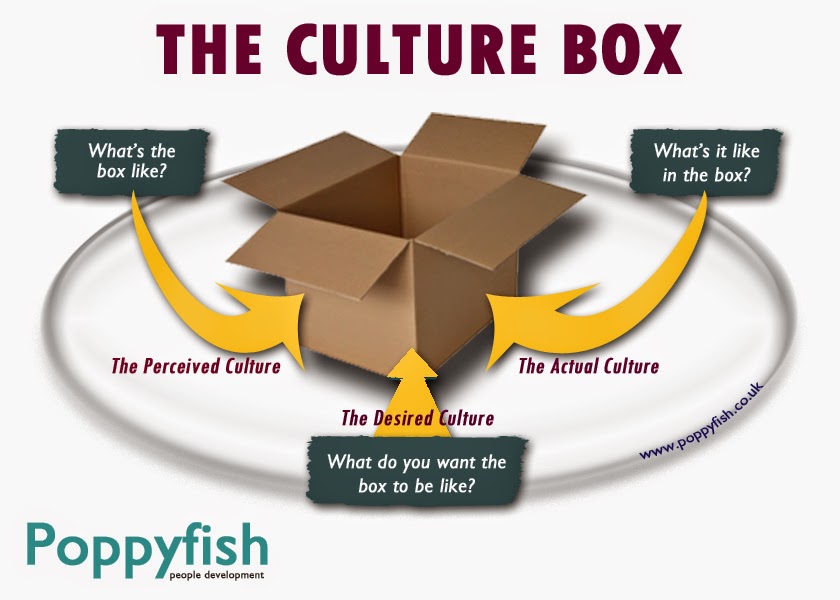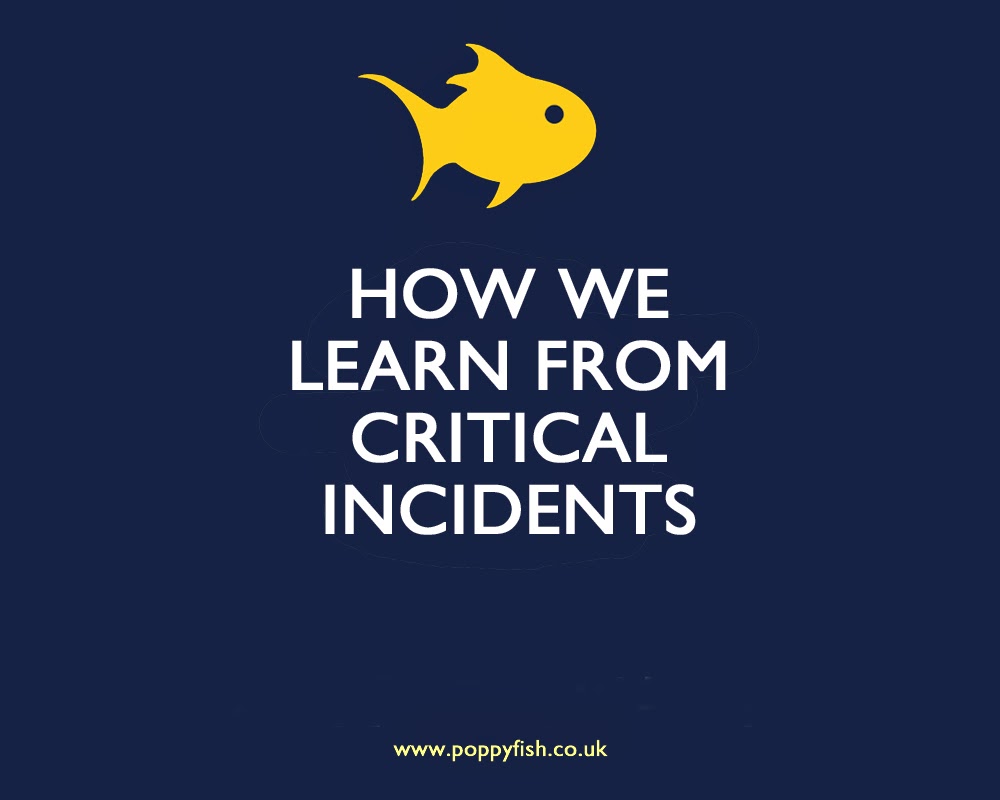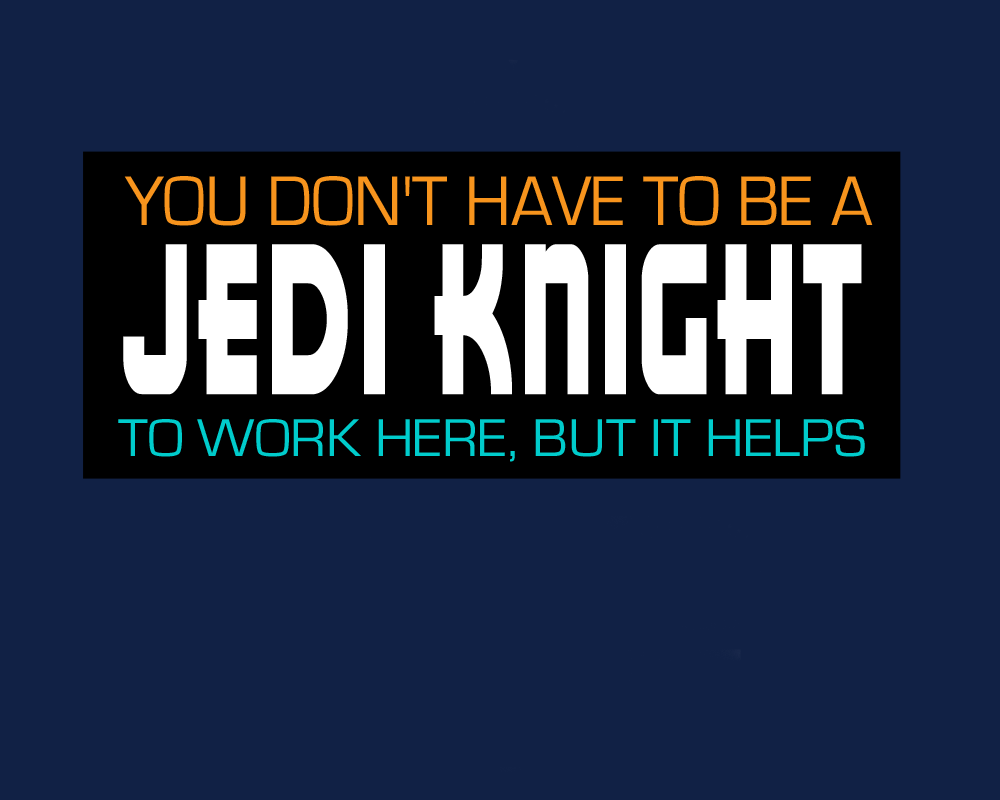Five Star Values for Critical Incident Survival
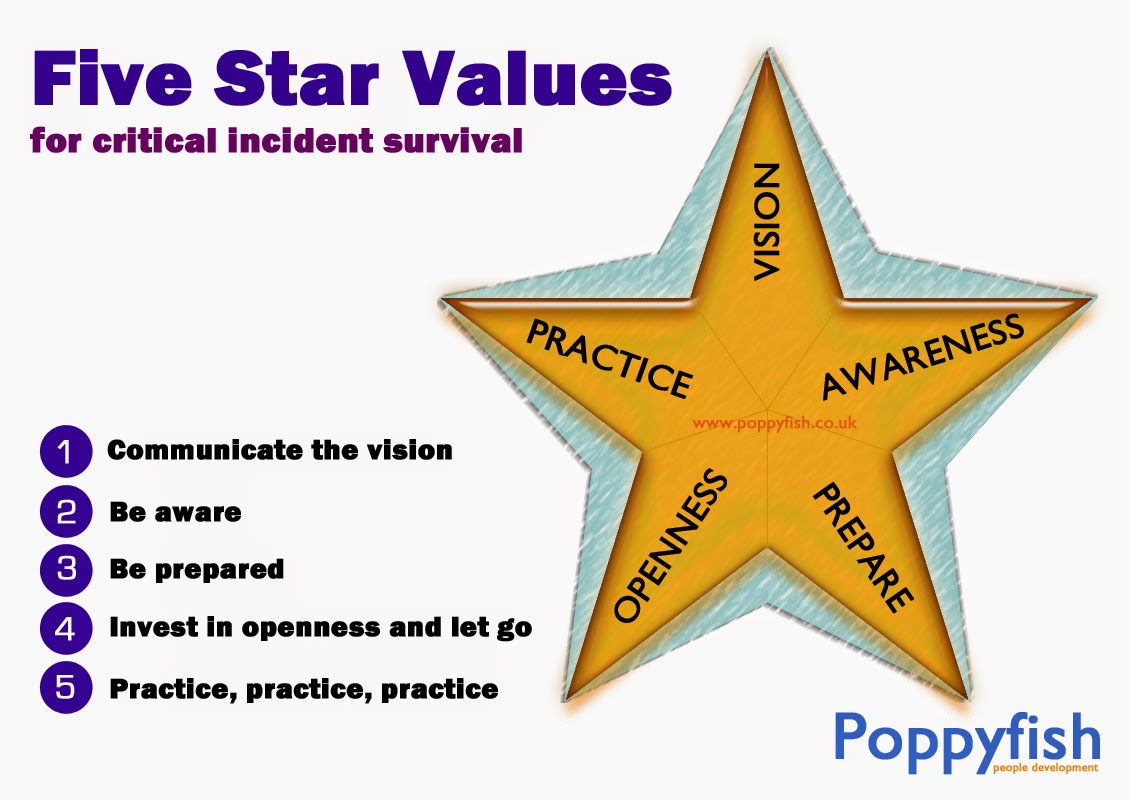
I've written and spoken about it so many times that to some people I must be starting to sound like a cracked record. But just in case this is completely new to you then let me crank the gramophone handle one more time.... The most amazing thing about critical incidents that impact organisations is not that they happen but that they do not happen more often. Turn on the news and you'll find one in an instant. Right now, somewhere in the world, an organisation is experiencing a critical incident. And you only have to look at the "Wall of Terror" below to see some potential consequences. So if there is a certain inevitability surrounding the fact that the organisation that you work in will experience a critical incident then what can leaders do to ensure that their organisation will survive? Here's our suggested top 5 values, attitudes and behaviours: Communicate the vision Organisations that keep going through critical incidents have a strong...
